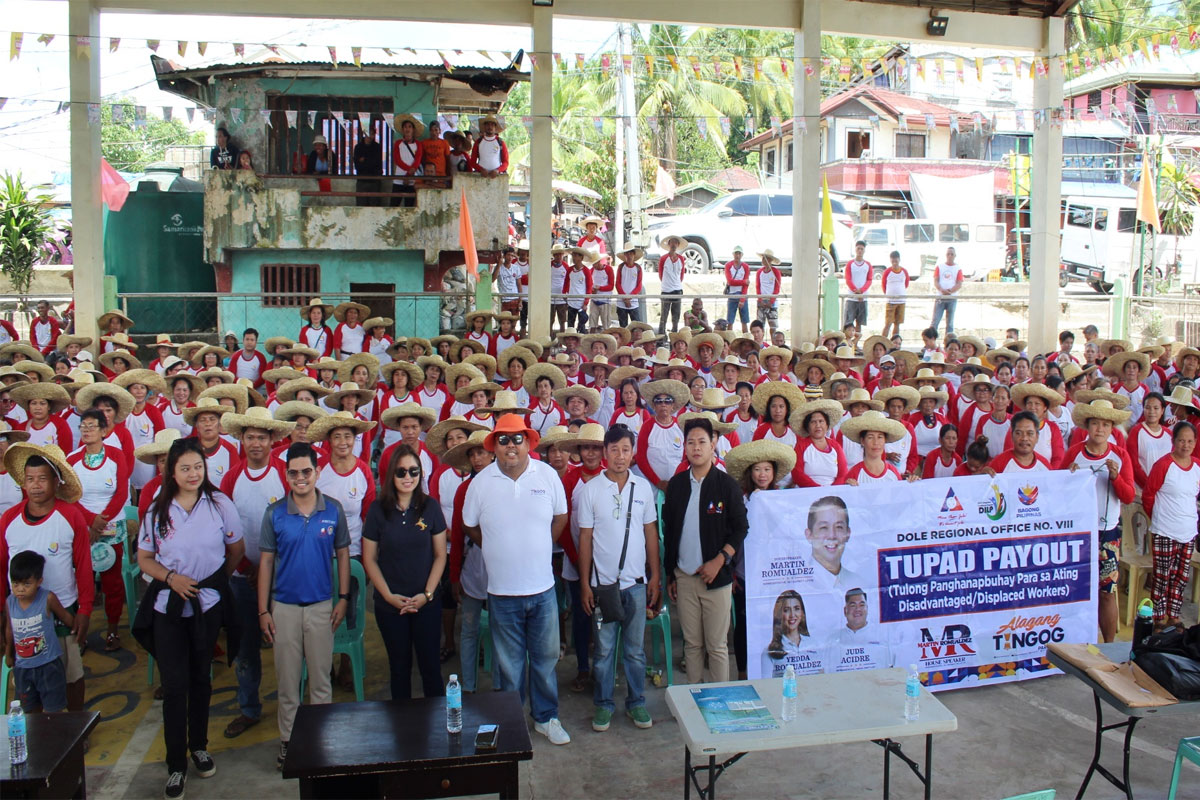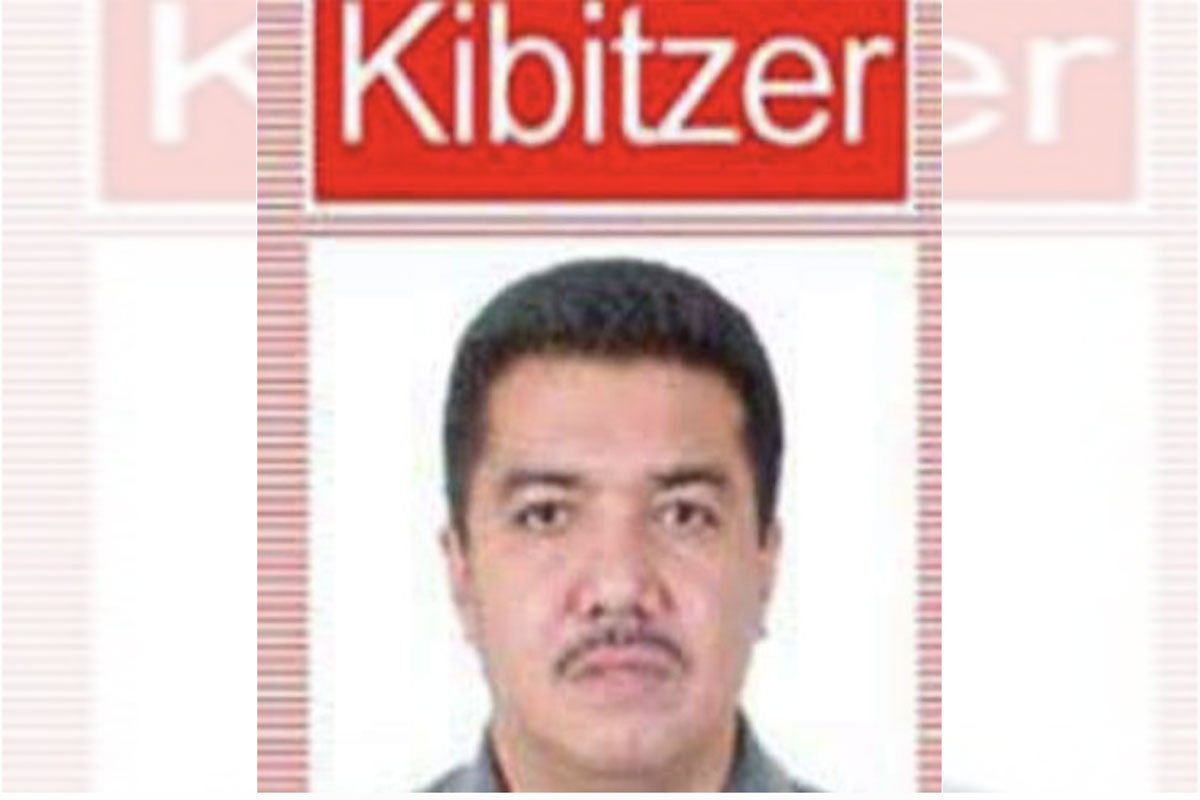
PNP, PAOCC to public: Be wary of technical carnapping
 THE Philippine National Police (PNP) and the Presidential Anti-Organized Crime Commission (PAOCC) reminded the public to be wary about ‘technical carnapping.’
THE Philippine National Police (PNP) and the Presidential Anti-Organized Crime Commission (PAOCC) reminded the public to be wary about ‘technical carnapping.’
Such type of carnapping occurs when glib-tongued suspects use their wit to steal a motor vehicle from its registered owner without brandishing guns or knives to intimidate their victims.
The PNP, headed by General Benjamin C. Acorda Jr. and the PAOCC, represented by its Executive Director Gilbert DC Cruz, earlier asked the help of the Department of Education in convincing dozens of teachers from Pampanga to file criminal charges against technical carnapping ring that has victimized them this year.
A PNP Highway Patrol Group and PAOCC investigation showed that at least 60 teachers from six Pampanga high schools have fallen prey to the illegal activities of the syndicate said to be being led by one ‘Roel A.’
The teachers came from three high schools in Arayat, one from San Fernando City and two from Sasmuan.
The PNP-HPG said that today’s ‘technical car thieves’ are using five different ways to swindle their targets and acquire motor vehicles, specifically those under bank financing and later reselling them to buyers through fraudulent Land Transportation Office registration papers.
Officials said that unlike before when gun-wielding car thieves steal unattended motor vehicles or forcibly take them from their owners or drivers through harassment and intimidation, ‘technical car thieves’ are just using their wits to steal vehicles.
The PNP-HPG referred to the modern-day car theft schemes known as ‘Rent-Tangay,’ ‘Assume-Balance Scam or Pasalo-Benta,’ Pasalo-Benta-Bawi, ‘Labas Casa Through Loan Accommodation otherwise known as ‘Labas-Casa-Talon’ and ‘Labas-Casa-Talon Using Fictitious Names.’
Under the ‘Rent-Tangay or Rent-Tangay-Sangla’ scheme,’ the suspect merely poses as a client of a car-for-rent company.
Once he acquires the vehicle, the suspect will immediately dispose of the vehicle by pawning it or selling it to unsuspecting buyers using all fake documents.
Under the ‘Assume-Balance Scam or the ‘Pasalo-Benta’ Scheme,’ the car thief poses as a buyer of an encumbered motor vehicle and will promise his target that he/she will continue paying for the car’s monthly amortization.
While the down payment and the monthly amortizations already paid are usually reimbursed to the vehicle owner to gain his/her trust and confidence, the suspect really has no intention of paying the remaining amortizations and will dispose of the vehicle to gain profit.
Under the ‘Pasalo-Benta-Bawi’ scheme, the suspect will secretly install a Global Positioning Satellite (GPS) tracker system in his motor vehicle which he will sell to another person thru the above-named scheme.
In most cases, these vehicles are being kept in huge parking lots of posh casinos in Metro Manila where they are being offered for sale to moneyed players.
Once a target bites, the suspect will then report to the police that he is a victim of an ‘Assume-Balance Scam’ and file a case against the unsuspecting buyer.
With the help of the GPS tracker, the suspect will be able to reclaim the vehicle from the buyer.
In the ‘Labas-Casa-Talon’ scheme, members of the syndicate usually convince a target, typically the spouse of an Overseas Filipino Worker or anyone who can pass bank credit investigations to have his/her name used for a car loan application.
The victim is then given some promises by the glib-tongued suspects who will also give him/her P30,000 to as much as P75,000 in cash depending on the type of the motor vehicle being applied for loan.
Once the vehicle is released under the name of the victim, the suspects will convince the target to turn the vehicle into a hotel or company shuttle-for-rent with the promise that it will be returned to him once the loan is fully paid.
However, the truth is that the suspects have really no intention to return the motor vehicle to their victim since they will either pawn or sell it to buyers using forged LTO documents.
Under the ‘Labas-Casa-Talon Scheme, members of the syndicate convince a legitimate company’s human resource division personnel to serve as their contact for a credit investigator’s (CI) call and affirm that a certain car loan applicant is an employee.
In return, that contact is promised to receive anywhere from P15,000 to P30,000 depending on the type of the motor vehicle, with the promise that the ‘commission’ will be given once the vehicle is released.
After securing the contact’s assistance, the syndicate will make a fake ID for one of its con-artists, usually using a daily-rental condo unit’s address.
During the Credit Investigator’s scheduled visit, the con-artist will pose as that condo unit’s owner (which is only being rented for that day) and show fake proof of billing.
The contact then receives the CI’s call and confirms the con-artist’s employed status.
All other credit investigation phases are accomplished through phone calls with the required documents scanned and submitted online via Viber or Facebook Messenger.
The physical copies of the documents, all faked, will be presented during the motor vehicle’s actual release. By then, both the bank and car dealer have been swindled by a bogus car loan applicant.
These modern-day car thieves are known to be operating in Metro Manila, Central Luzon and Calabarzon.
The joint HPG-PAOCC investigation is focused on the group of ‘Roel A,’ who is said to be involved in the so-called ‘Labas-Casa/Loan Accommodation/Assume Balance’ car theft fraud.























